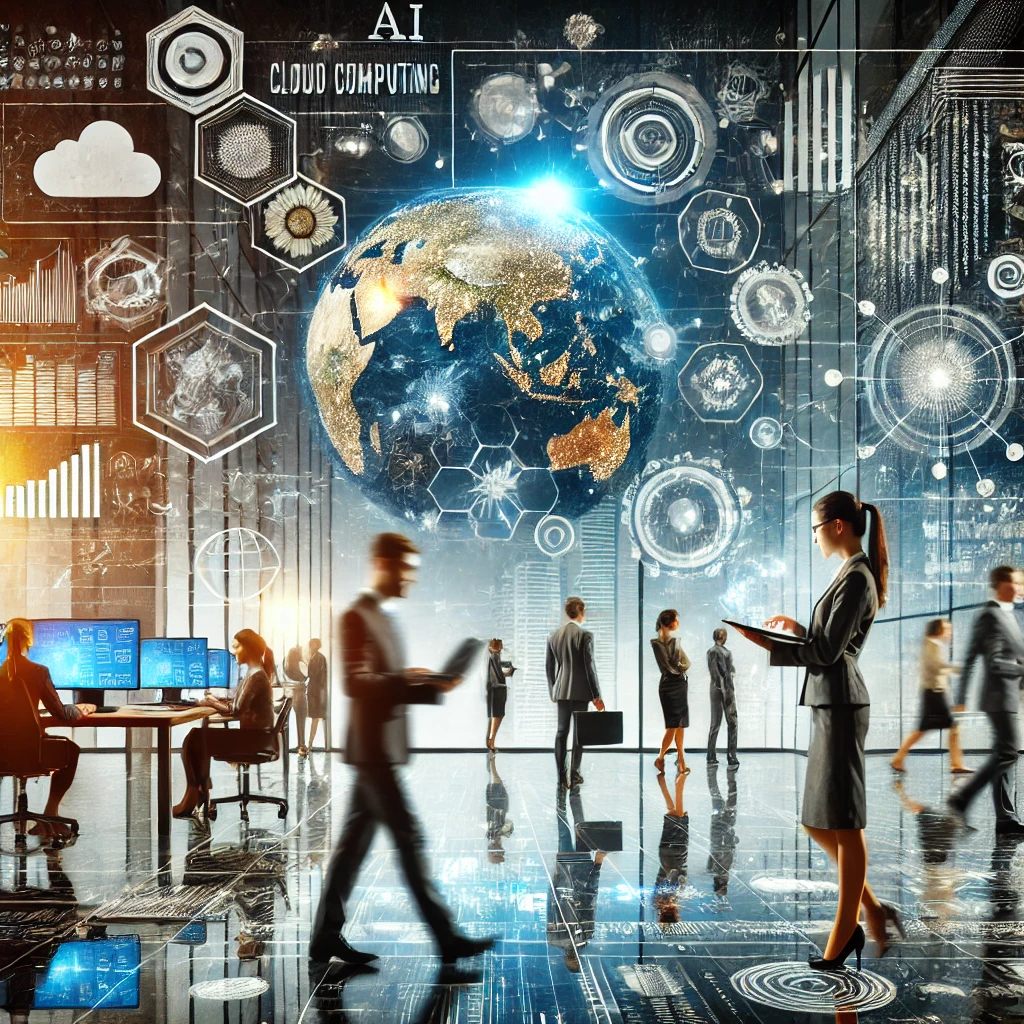Modernization is a transformative process that enables organizations, industries, and societies to adapt to changing landscapes and achieve sustainable growth. By integrating advanced technologies, streamlined processes, and innovative practices, modernization fosters efficiency, connectivity, and resilience in a rapidly evolving world.
Technology lies at the heart of modernization. Advanced tools like artificial intelligence (AI), cloud computing, and Internet of Things (IoT) devices are revolutionizing how businesses operate. AI-driven systems automate repetitive tasks, optimize decision-making, and analyze large datasets, while cloud platforms provide scalable and cost-effective solutions for data storage and collaboration. IoT devices connect machinery, buildings, and infrastructure, enabling real-time monitoring and predictive maintenance.
Modernization also emphasizes the importance of digital transformation in driving innovation and customer-centricity. Organizations are adopting digital workflows, automated systems, and customer relationship management (CRM) tools to enhance efficiency and deliver personalized experiences. These advancements not only streamline operations but also position businesses to respond proactively to market demands and global trends.
Sustainability is a key pillar of modernization. Green technologies, renewable energy solutions, and eco-friendly practices are being integrated into modern infrastructures and business models. This shift aligns with global efforts to reduce carbon footprints, conserve resources, and promote environmental stewardship, ensuring that progress is sustainable for future generations.
Modernization is a dynamic journey of progress and adaptation. By embracing technological advancements, fostering innovation, and prioritizing sustainability, organizations and societies can unlock new opportunities and build a resilient foundation for growth and development.


